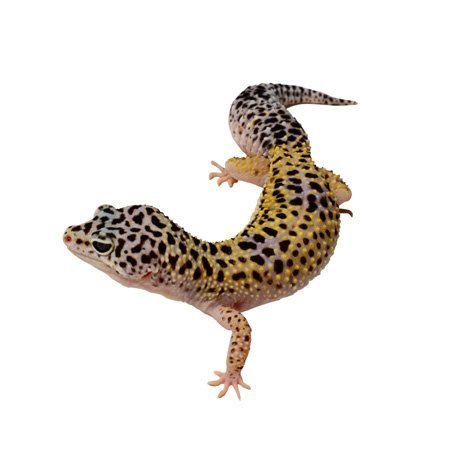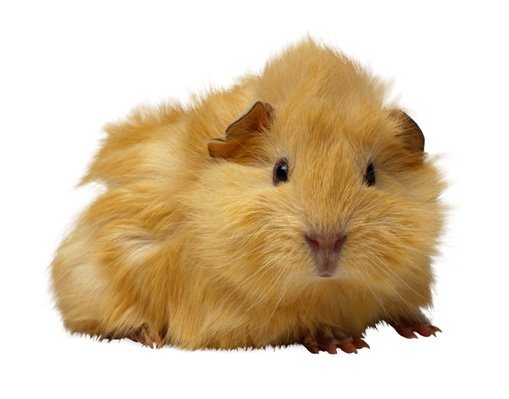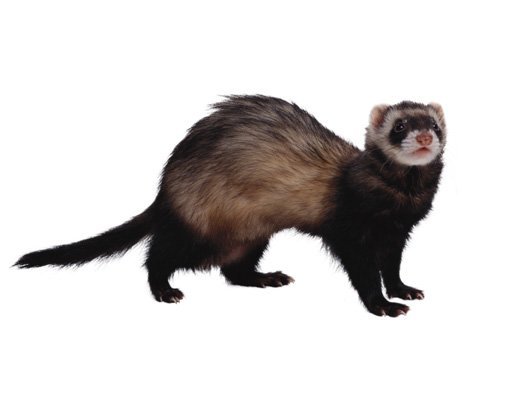
There are over 50 breeds of domestic rabbits, ranging in size from less than 1 kg to as much as 7 to 9 kg which are becoming increasingly popular as pets. In addition to routine examinations of rabbits we offer consultations on diet and husbandry, parasite evaluations on feces, ears and skin, and check for incisor and molar overgrowth. We provide neutering and spaying services in addition to other routine surgical and medical procedures.






